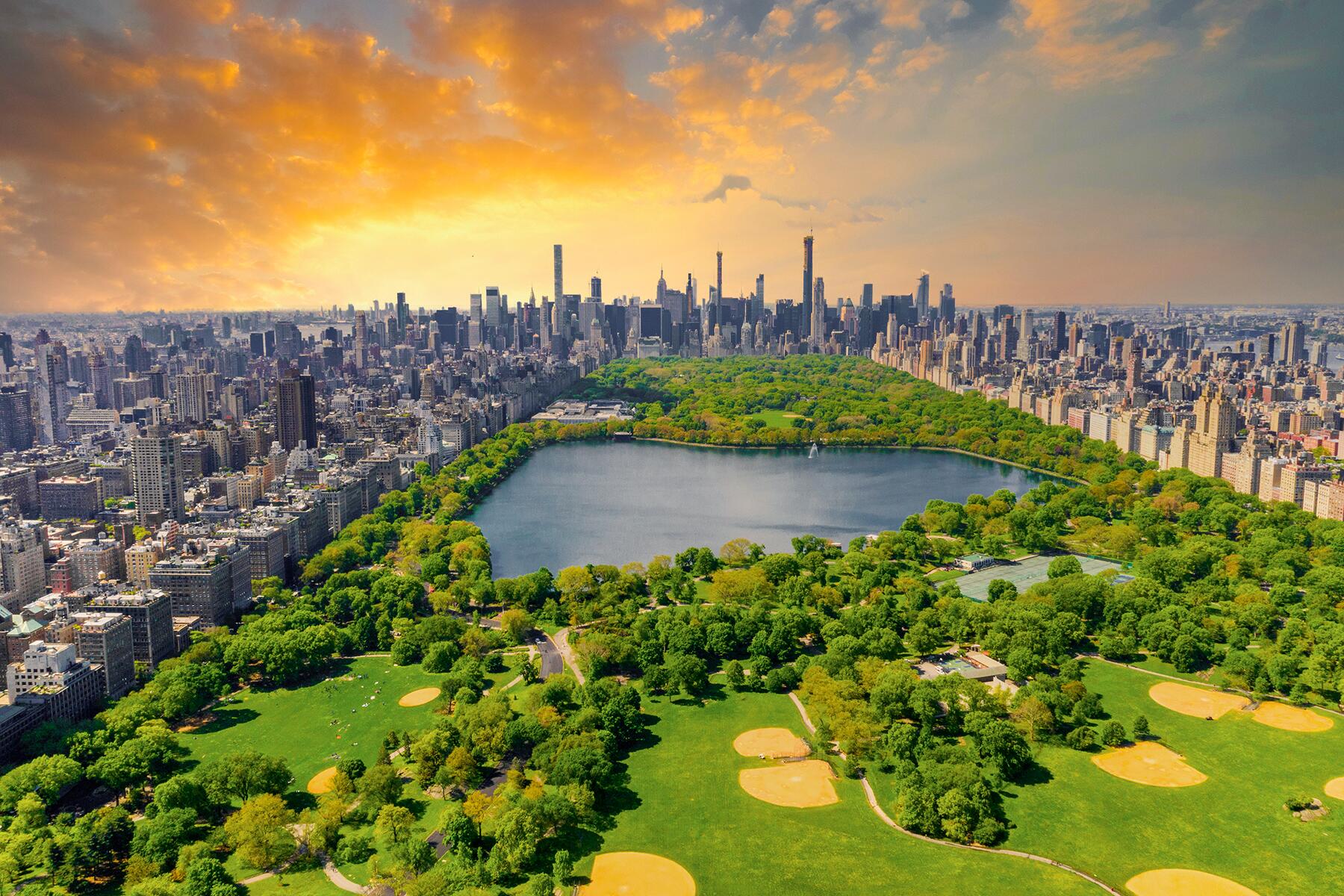New York's restrictions on short-term lodgings could impact your wallet the next time you visit the city.
New York City implemented new restrictions on short-term rentals early this month, effectively barring companies like AirBnB from facilitating rentals of entire housing units in the city for stays less than a month.
The new rules, which require rental units to be registered with the city and prohibit stays shorter than 30 days unless the owner is also occupying the unit, are estimated to remove more than 10,000 rental units from the city’s inventory.
Hoteliers are split on what this means for hotel rates in the city. An unattributed quote published by Skift came from a hotel executive who said there was a definite upside—for the hotel—with rates trending higher now that the regulations are in effect. But another hotelier claimed that the number of rental units coming off the market wasn’t large enough to affect the city’s market for hotel rooms—it has a lot, and is adding thousands more each year.
Proponents of the new restrictions—which have been in the works for years—say that better regulation will keep housing units in residential zones dedicated to long-term housing for New York City residents instead of more lucrative short-term rentals for visitors.
Recommended Fodor’s Video
Opponents of the restrictions, including AirBnB, the largest short-term rental platform operating in the city, say that the restrictions are too onerous for some property owners, will reduce lodging inventory in the boroughs outside Manhattan, where hotels are less plentiful, and will ultimately adversely impact the city’s economy by driving hotel rates up and reducing the number of visitors, thereby reducing non-hotel revenues.
AirBnB went so far as to commission a study in late 2022, forecasting how the restrictions would harm the city’s economy. The report questions whether the restrictions will, in fact, help alleviate New York’s affordable housing crisis, claiming that over 80% of the AirBnB listings in the city could generate more earnings for their owners if rented on a long-term basis. One wonders exactly why those owners are choosing to earn less money by renting the units short-term; one owner recently told the New York Times that they’d take a significant revenue hit when the option to rent the unit short-term ends.
Other owners told more compelling stories, noting that their homes were often in areas with a lack of hotels, and that renting their units long-term would prevent the flexibility to generate income while they were on an extended vacation, or to rent a unit for stints in between visiting friends of family members.
The AirBnB study also points out that rental units provide needed overflow during high-demand periods or emergencies, although the city could temporarily relax restrictions for licensed rentals in the city, as O’ahu has done with its own vacation rental restrictions to aid displaced Maui residents in the wake of last month’s fires.
AirBnB also points out that the surge in applications from vacation rental owners to have their units registered with the city indicates high demand for that type of accommodation from visitors. Proponents of the new restrictions say that the licensing allows the city to ensure that the rentals are within the limits of the law, and that they’re safe for visitors and run in a way that aren’t a nuisance for residents.
New York’s land use—that is, whether buildings and areas are meant for residential or commercial (i.e. short term lodgings) is the purview of the city’s Planning Commission. Commissioners are appointed by the mayor, each borough president, and public advocate to serve set terms.
The Commission is “responsible for the conduct of planning relating to the orderly growth and development of the City, including adequate and appropriate resources for the housing, business, industry, transportation, distribution, recreation, culture, comfort, convenience, health and welfare of its population.”
NYC & Company, the destination marketing organization for New York City, estimated that over 65 million visitors came to the city in 2019.




